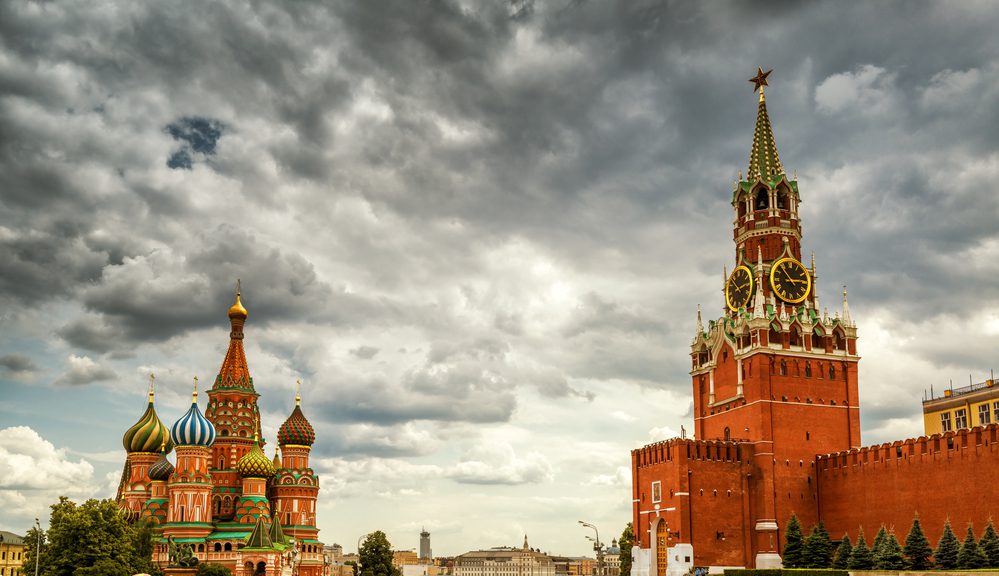
Bloomberg: Documents reveal Russian intelligence infiltrated Georgian state institutions amid push for EU, NATO membership
From 2017 to 2020, Russian intelligence had access to data from Georgian energy companies, media platforms, the central bank, and government agencies, including the Ministry of Foreign Affairs and the Ministry of Finance, according to documents and technical reports seen by Bloomberg.
The documents reveal that the Kremlin intensified its influence on the state just as Georgia attempted to move away from a pro-Russian political path and pursue membership in the European Union and NATO.
The animosity between Russia and Georgia escalated after the 2004 Rose Revolution, resulting in a power change. Four years later, a war broke out between the two countries. The tensions reached another level following Russia’s 2022 invasion of Ukraine.
Georgia will hold parliamentary elections this weekend, on 26 October. The results will determine whether the country continues its integration with the West or returns to a pro-Russian course.
Meanwhile, Natia Seskuria, Executive Director of the Regional Security Research Institute in Tbilisi, says that hacker operations have demonstrated that “Russia has been deliberately infiltrating Georgia for many years.”
She said Russia’s primary interest is “to weaken Georgia’s pro-Western foreign policy.”
The US and the EU have also previously accused Russia of cyberattacks on Georgia. In May of this year, the Georgian government saw mass protests after adopting the “foreign agents” law, which mirrors Russia’s. The government claims the law is designed to monitor external influence on non-governmental organizations and the media. The law is regarded as another tool by Moscow to influence the country.
During the espionage campaign, Russia could “eavesdrop” on all processes in Georgia—a country it seeks to control. Some hackers infiltrated the systems of state institutions and other critical facilities in Georgia, monitoring their targets in real time for entire workdays.
It also allowed the Kremlin to interfere with Georgia’s critical infrastructure if the country’s government chose a course undesirable for Russia. This information was revealed in documents obtained by Bloomberg and from European officials familiar with the case, who spoke anonymously.
Russia’s military intelligence agency has also hacked the Central Election Commission of Georgia and likely gained access to some officials’ email accounts. In addition, Russian intelligence assaulted several media outlets, including Georgia’s two most popular TV channels, Imedi and Maestro. According to the documents, the GRU also had access to several IT systems of Georgia’s national railway company for over two years.
Hackers linked to Russia’s Federal Security Service carried out a months-long covert operation in Georgia’s Ministry of Foreign Affairs to monitor the emails of high-ranking officials and extract data stored in Georgian embassies around the world, according to one of the documents.
The Central Election Commission of Georgia stated that its computer servers were targeted in a hacker attack on 5 April 2021, but this attack “did not affect” its systems.
European officials said their Western colleagues had previously warned Georgian authorities about the threat of Russian cyberattacks. However, it is unclear whether any measures were taken.
Related:














